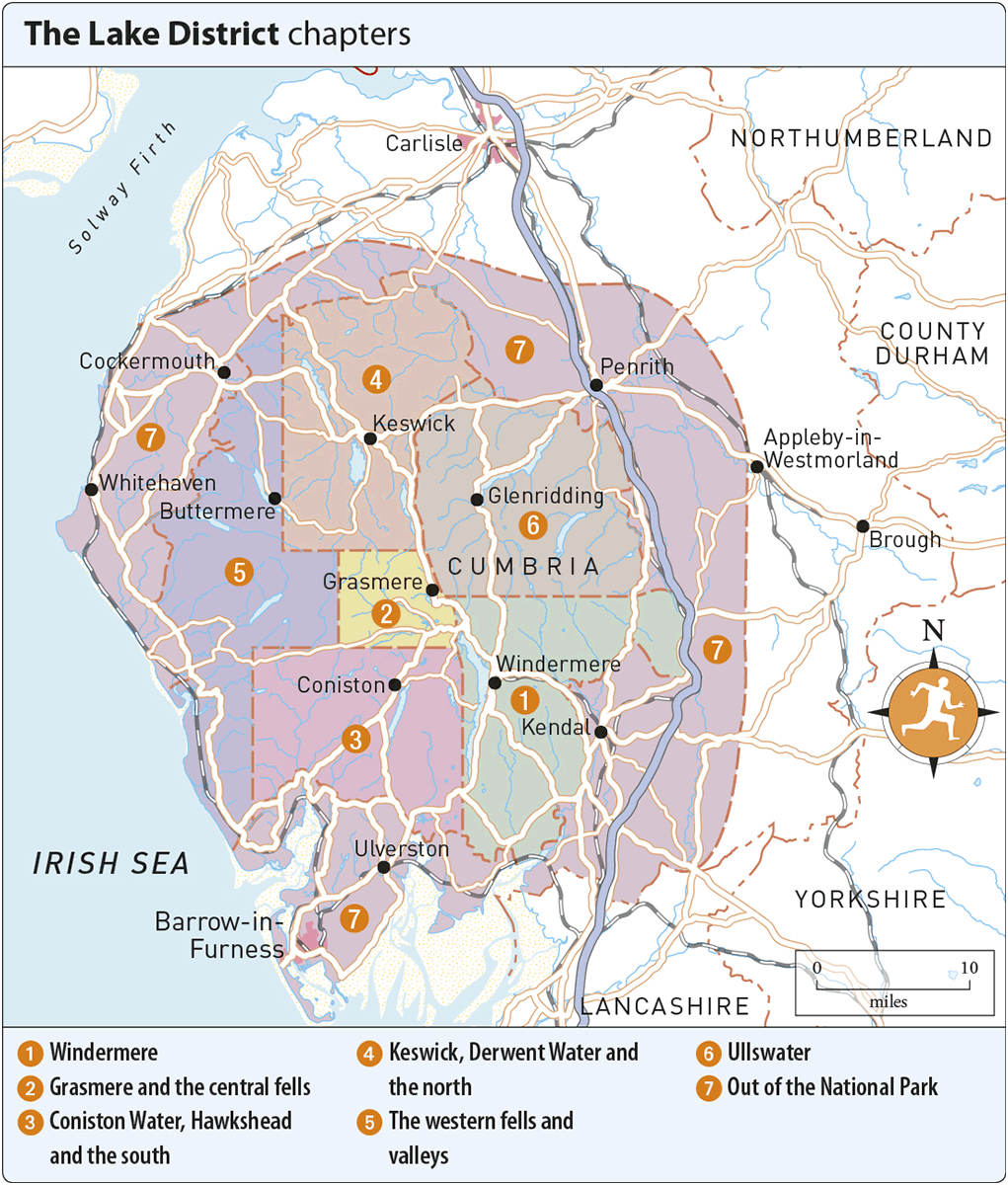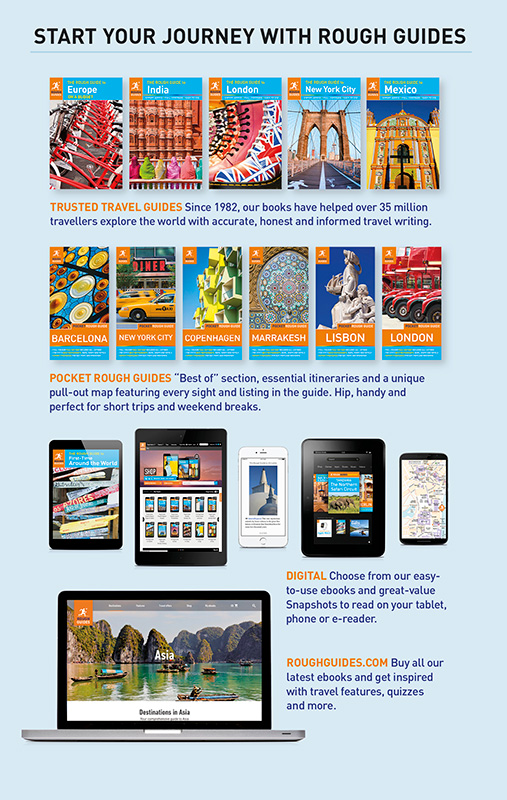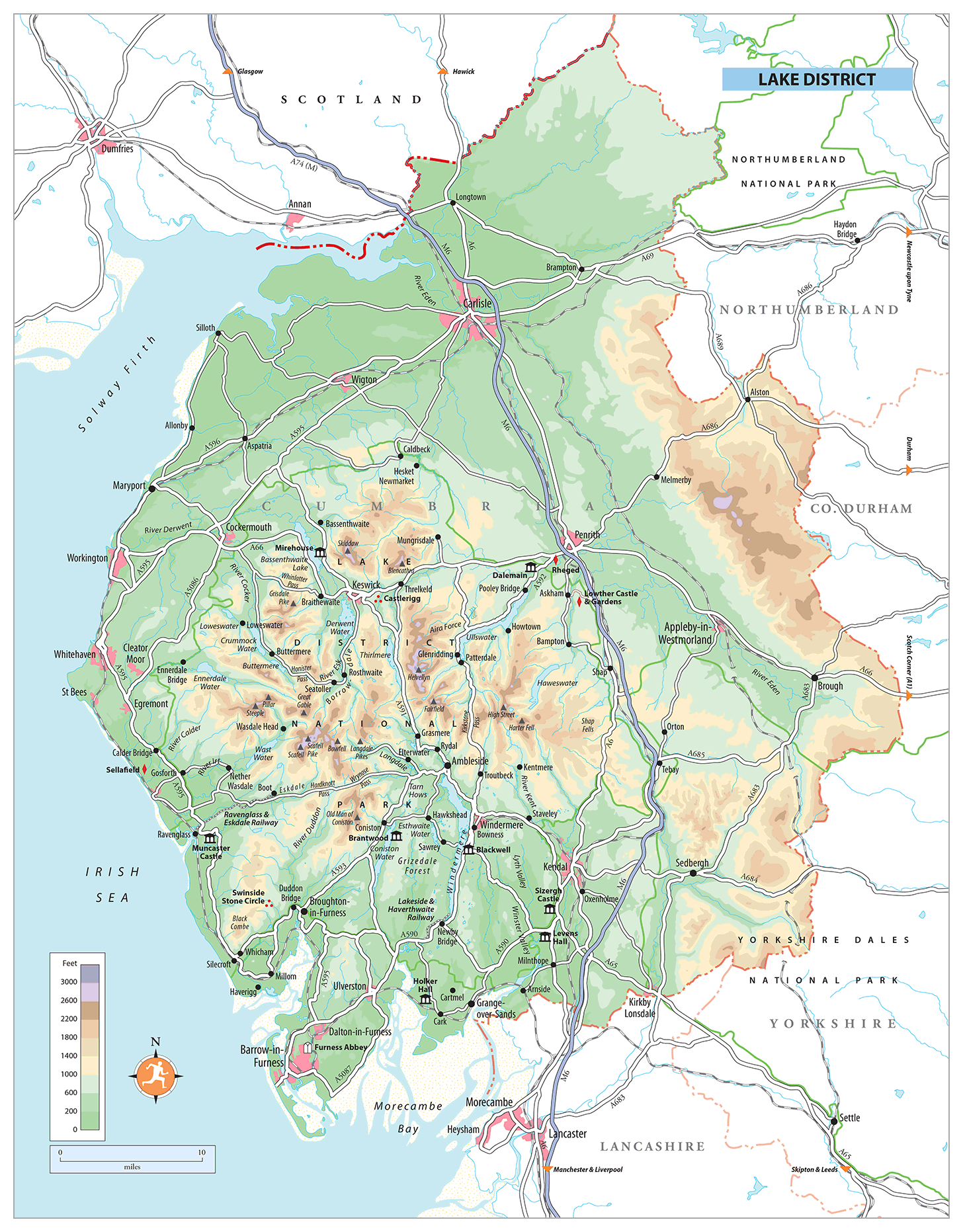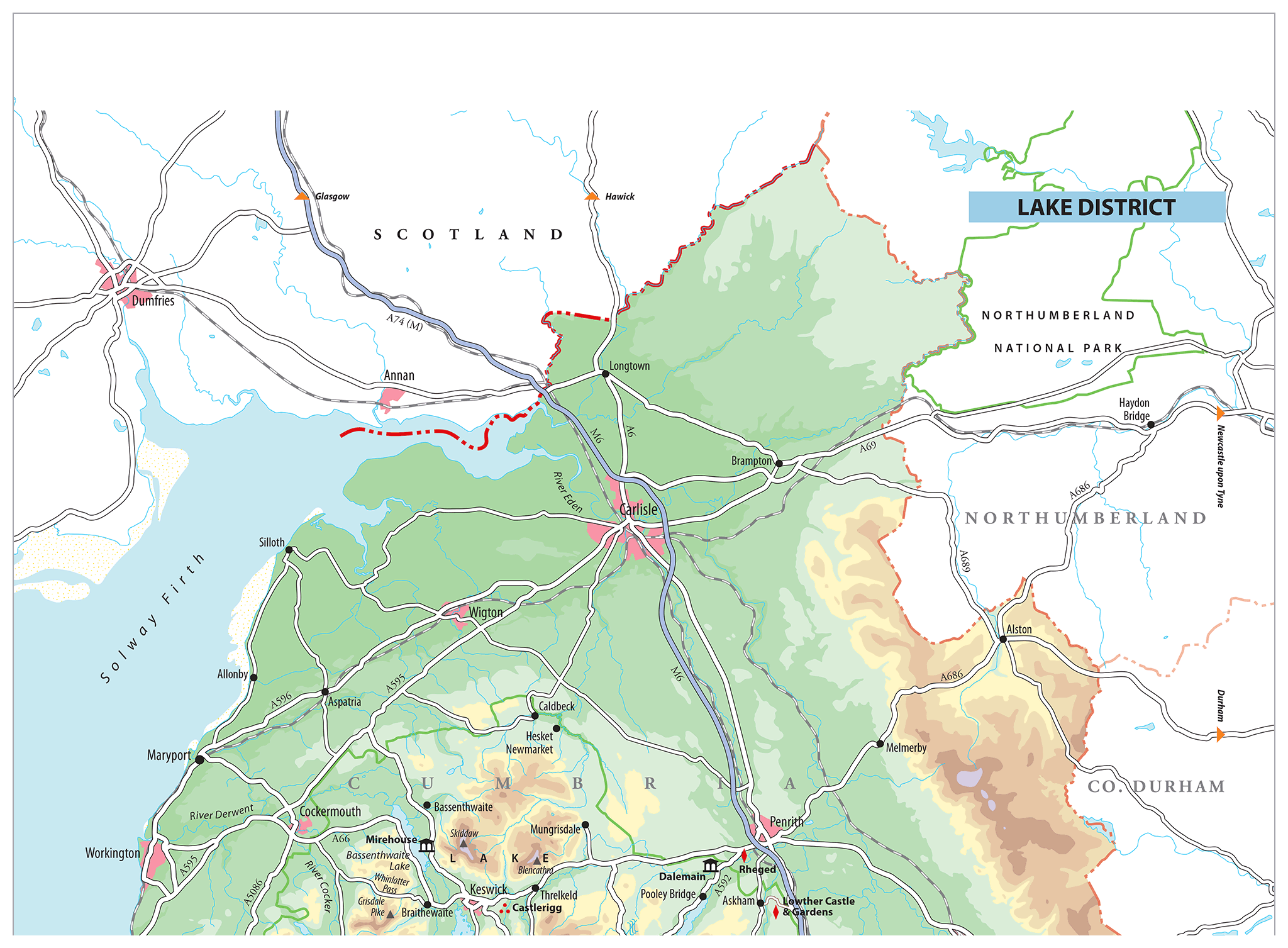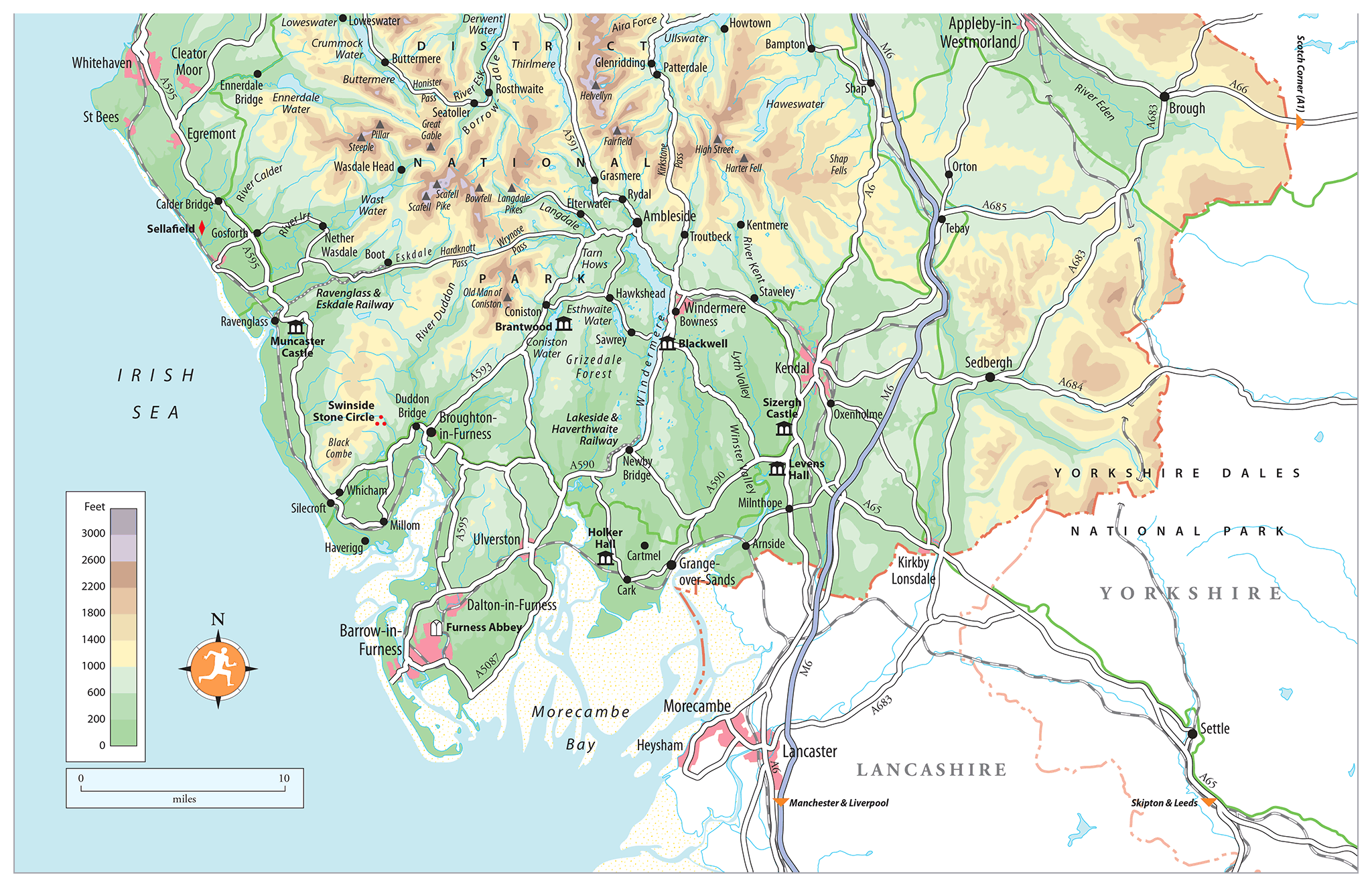HOW TO USE THIS ROUGH GUIDE EBOOK
This Rough Guide is one of a newgeneration of informative and easy-to-use travel-guide ebooks that guaranteesyou make the most of your trip. An essential tool for pre-trip planning, it alsomakes a great travel companion when youre on the road.
From the fills you in on history, books, habitatsof the Lake District, climbing in the Lake District and a section on the life ofWilliam Wordsworth.
Detailed area maps feature in theguide chapters and are also listed in the dedicated map section, accessible fromthe table of contents. Depending on your hardware, you can double-tap on themaps to see larger-scale versions, or select different scales. There are alsothumbnails below more detailed maps in these cases, you can opt tozoom left/top or zoom right/bottom or view the fullmap. The screen-lock function on your device is recommended when viewingenlarged maps. Make sure you have the latest software updates, too.
Throughout the guide, weveflagged up our favourite places a perfectly sited hotel, an atmosphericcaf, a special restaurant with the "author pick" icon  . You canselect your own favourites and create a personalized itinerary by bookmarkingthe sights, venues and activities that are of interest, giving you the quickestpossible access to everything youll need for your time away.
. You canselect your own favourites and create a personalized itinerary by bookmarkingthe sights, venues and activities that are of interest, giving you the quickestpossible access to everything youll need for your time away.
INTRODUCTION TO THE LAKE DISTRICT
Theres nothing in England to match the splendour of the Lake District, a tight knot of romantic peaks, moors and yes, lakes up in Englands northwesternmost corner. For a nation reared on the tales of Beatrix Potter and Arthur Ransome, the pastoral images of a misty-eyed English past could hardly be more familiar: lush fields enclosed by dry-stone walls; warm, weatherbeaten and time-worn inns; shepherds gathering their flocks on green hillsides. Adventure-seekers, meanwhile, come to explore the countrys largest lakes and highest mountains, or to immerse themselves in full-on outdoor activities from mountain-biking to fell-walking and kayaking. Whatever attracts you to the countrys most famous, largest and most picturesque National Park, one visit wont be enough.
While rural tradition and the great outdoors loom large on any Lake District trip, its not all sheepdog trials, hiking boots, timewarp pubs and flowery B&Bs. For such a small region (36 miles from east to west), theres an astonishing number of glam places to stay and eat from boutique hotels to organic tearooms, gastropubs to yurt-filled campsites and youre often closer to an artisan bakery or microbrewery than a tractor and a field full of sheep. Farming, in fact, accounts for just ten percent of the National Parks working population, with up to to fifty percent of all jobs attributable in some way to tourism, rather than the more traditional occupations you might expect.
But wherever you stay, and whatever you do, the scenery certainly makes a play for your attention, whether its the glacial lakes and forested valleys or the steeply pitched mountains and their tumbling waterfalls. Theres nowhere else quite like it in Britain and even on the busiest of summer days its relatively easy to escape the crowds by climbing to the higher fells or exploring the more remote valleys.
The regions literary connections are also justly famous William Wordsworth and the Lake Poets feature, of course, but also many others, from John Ruskin to Norman Nicholson, whose houses, haunts and places of inspiration form the backbone of many a lakeland literary trail. Perhaps surprisingly for such a rural area, a long industrial history manifests itself in scattered mining works, scarred quarry sites, surviving mills and a couple of old railway lines Ravenglass to Eskdale, and Lakeside to Haverthwaite now converted to tourist use.
In the end though, for all the renowned literary sites, local museums or big-ticket family-friendly attractions, many visitors take home a more personal memory of their trip. A lakeside stroll and a pint in front of a roaring fire; valley panoramas from scenic peaks such as Cat Bells; or a nights star-gazing in spectacularly clear skies they all guarantee that one day youll be back for more in Englands most ruggedly lovely holiday region.
LAKELAND PLACE NAMES AND TERMS
Many lakeland place names , geographical features and dialect words have origins that go back to Norse, Saxon or even Celtic times. The most common are appended to features youll see every time you stride out into the countryside like fell (hill, mountain, or high common land), mere (lake), holme (island), beck (stream), force (waterfall) and tarn (small mountain lake).
With other names, it helps to know the derivation in order to figure out exactly what youre looking at: such as place names ending in -thwaite (signifying a clearing), or those incorporating the words ghyll or gill (narrow ravine or mountain stream), hause (summit of a pass), how or howe (rounded hill), pike (peak), raise (summit of a ridge), rake (natural rock passage) or wyke (bay).
Farming language is deeply rooted in the past words like heaf (grazing area), garth (enclosed land or field) or lath (barn) have ancient roots and there is still an entire dialect counting system for keeping tabs on sheep (yan, tyan, tethera, or one, two, three ), not to mention scores of other local words for describing traditional skills and pastimes, from basket-weaving to wrestling.
Where to go
Its easy to see a great deal of the Lake District in just a few days, even if youre travelling by public transport or hiking from place to place. In fact, theres a lot to be said for getting out of the car and seeing places under your own steam, whether its on foot, by bike or boat.
Windermere is the largest lake (10.5 miles long), featuring a cruise service which calls at all points north and south. The lakes towns Windermere, Bowness and, especially, Ambleside are among the regions busiest settlements and, given their choice of accommodation, cafs, restaurants and pubs, they make obvious bases. Even if they dont plan to stay there, most people at least pass by Windermere on the way to Grasmere and the famous Wordsworth houses, or to impossibly pretty Hawkshead and Beatrix Potters house at nearby Hill Top .
Coniston Water boasts the Brantwood home of John Ruskin, plus cruises on the lakes idiosyncratic wooden launches and steam yacht. Away from the literary trail, there are renowned hikes, peaks and tarns in central Langdale and, arguably, the finest hikers inn in Britain (the Old Dungeon Ghyll ) from which to explore them.

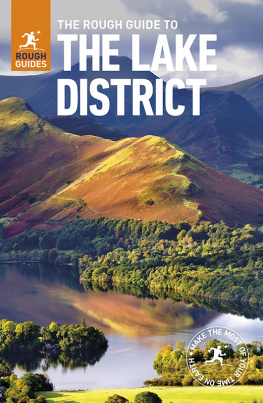
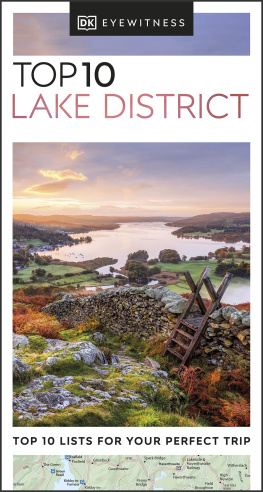
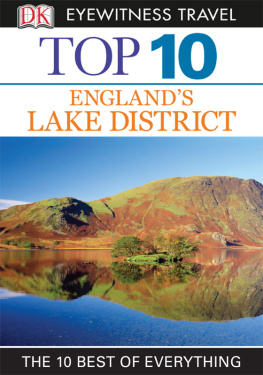
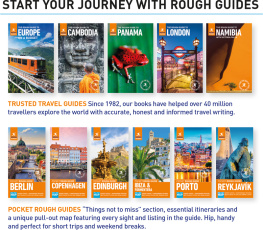
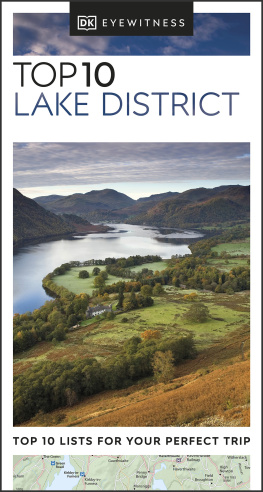

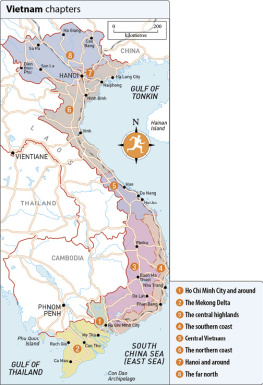
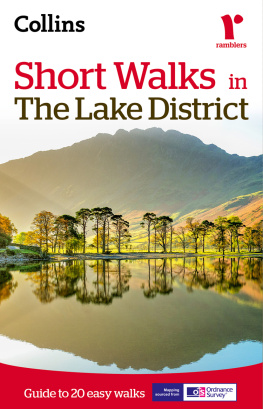
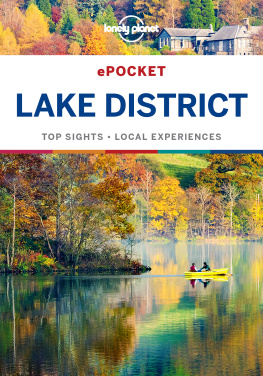
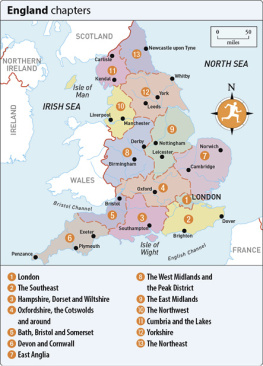
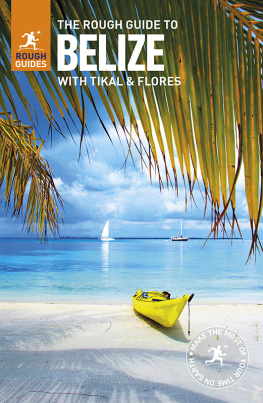
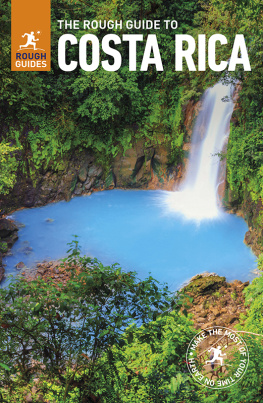
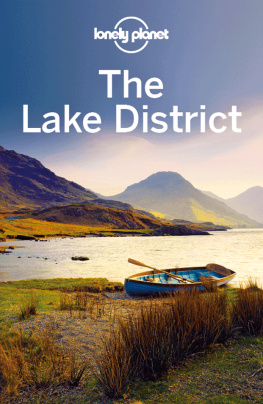

 . You canselect your own favourites and create a personalized itinerary by bookmarkingthe sights, venues and activities that are of interest, giving you the quickestpossible access to everything youll need for your time away.
. You canselect your own favourites and create a personalized itinerary by bookmarkingthe sights, venues and activities that are of interest, giving you the quickestpossible access to everything youll need for your time away.